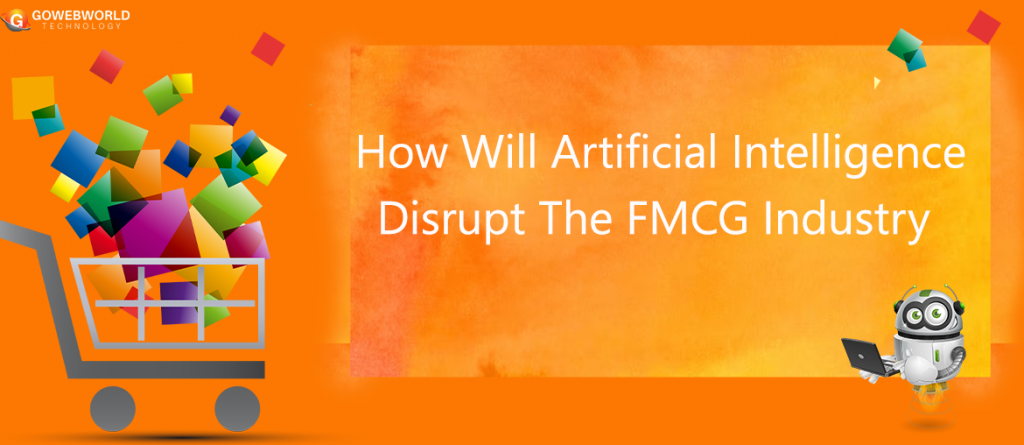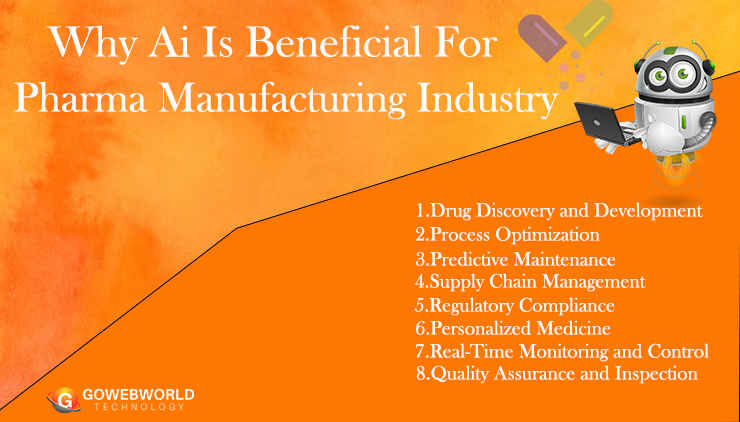Web development and SEO (Search Engine Optimization) are two distinct areas that play important roles in the success of a website. While they are interconnected, they serve different purposes and have different focuses. Let’s discuss each of them in more detail:
Web Development:
Web development primarily focuses on designing and building websites. It involves coding, programming, and creating the functionality of a website. Web developers are responsible for implementing the technical aspects of a website, including server-side and client-side programming, database management, user authentication, and more.
Key responsibilities of web developers include:
Creating the overall structure and layout of a website.
- Writing code in programming languages like HTML, CSS, JavaScript, and backend languages like PHP, Python, or Ruby.
- Implementing interactivity, responsiveness, and user-friendly interfaces.
- Integrating third-party services, APIs, and databases.
- Ensuring the website’s functionality, performance, and security.Web developers work closely with designers to bring their visual concepts to life, ensuring that the website is functional, user-friendly, and accessible across different devices and browsers.
SEO (Search Engine Optimization):
SEO focuses on optimizing a website to improve its visibility and ranking in search engine results. The goal is to attract organic (non-paid) traffic from search engines like Google, Bing, or Yahoo. SEO involves various strategies and techniques to enhance a website’s visibility and relevance for specific search queries.
Key responsibilities of SEO professionals include:
- Conducting keyword research to identify relevant keywords and phrases that users search for.
- Optimizing website content, including meta tags, headings, and on-page elements, to align with targeted keywords.
- Building high-quality backlinks from reputable websites to improve the website’s authority and credibility.
- Improving website speed and performance to enhance user experience and search engine rankings.
- Analyzing website data and metrics to track performance and make data-driven optimizations.
- Staying updated with search engine algorithms and industry trends to adapt strategies accordingly.
While web developers play a crucial role in creating the technical infrastructure of a website, SEO professionals focus on optimizing the website’s content and structure to improve its search engine visibility.
Collaboration between Web Development and SEO:
While web development and SEO have distinct roles, they often work in collaboration to create an effective and optimized website. Here are a few examples of their collaboration:
a. Technical SEO Implementation: Web developers collaborate with SEO professionals to implement technical SEO elements, such as creating search engine-friendly URLs, optimizing site speed and performance, implementing schema markup, and ensuring proper website indexing.
b. Responsive Web Design: Web developers work with SEO professionals to ensure that the website is designed and developed to be responsive across various devices and screen sizes. This is important as search engines prioritize mobile-friendly websites in their rankings.
c. SEO-friendly Site Architecture: Web developers and SEO professionals collaborate to create a website structure that is intuitive, easily navigable, and optimized for search engines. This includes organizing content, implementing proper internal linking, and creating XML sitemaps.
d. Content Management System (CMS) Integration: Web developers may integrate a CMS that allows SEO professionals to easily manage and optimize website content, including meta tags, headings, and URLs.
Web Development’s Influence on SEO:
Effective web development practices can indirectly impact SEO in the following ways:
a. Website Speed: Web developers optimize website speed and performance, which is a crucial ranking factor for search engines. A fast-loading website improves user experience and reduces bounce rates, contributing to better search engine rankings.
b. Mobile Optimization: Web developers ensure that websites are responsive and mobile-friendly, as mobile optimization is a significant factor in search engine rankings, particularly after the mobile-first indexing update by search engines.
c. User Experience (UX): Web developers create intuitive and user-friendly interfaces, smooth navigation, and engaging interactions, which enhance the overall user experience. A positive user experience can lead to increased time on site, lower bounce rates, and improved SEO performance.
d. Technical Elements: Proper implementation of web development techniques, such as using clean code, optimizing images, and minimizing server response time, can positively impact SEO by improving crawling and indexing by search engines.
SEO’s Impact on Web Development:
SEO considerations can influence certain aspects of web development, such as:
SEO professionals provide guidelines on organizing content, creating relevant headings, incorporating keywords, and optimizing meta tags. Web developers implement these recommendations to ensure proper content structure and optimization.
b. URL Structure: SEO professionals advise on creating search engine-friendly URLs that include relevant keywords and follow best practices. Web developers implement these guidelines during the website development process.
c. Linking Strategies: SEO professionals may suggest internal linking strategies to improve website navigation, distribute link equity, and enhance user experience. Web developers implement these recommendations by integrating proper linking structures within the website.
d. Tracking and Analytics: SEO professionals rely on web developers to implement tracking codes, such as Google Analytics or other tools, to gather data and metrics for monitoring website performance and making data-driven optimizations.
In conclusion, both web development and SEO are essential components of a successful website. Web development is responsible for creating the functional and aesthetic aspects of a website, while SEO ensures that the website is optimized for search engines, improving its visibility and attracting organic traffic. While there may be overlap and collaboration between web developers and SEO professionals, they have distinct roles and responsibilities within the web design process.
FAQ
Which skill set is more important for effective web design, web development or SEO?
Answer: Both web development and SEO are crucial for effective web design. While web development ensures a user-friendly and functional website, SEO helps drive organic traffic and improve the website's online presence.
Can web development and SEO work together to enhance web design?
Answer: Absolutely! Web development and SEO should work hand in hand to create a well-designed website that is both visually appealing and optimized for search engines. This collaboration ensures a seamless user experience and better search engine rankings.
In terms of priority, should web development or SEO take the lead in web design projects?
Answer: The priority between web development and SEO depends on the goals and objectives of the website. If the main focus is on creating a visually stunning website, web development may take the lead. However, if the goal is to attract organic traffic and improve search engine rankings, SEO should lead the web design process.
Can a website be successful without proper web development or SEO?
Answer: It is highly unlikely for a website to be successful without proper web development or SEO. A well-developed website ensures a smooth user experience, while SEO helps drive targeted traffic and improves the website's visibility. Both aspects are essential for a successful online presence.


